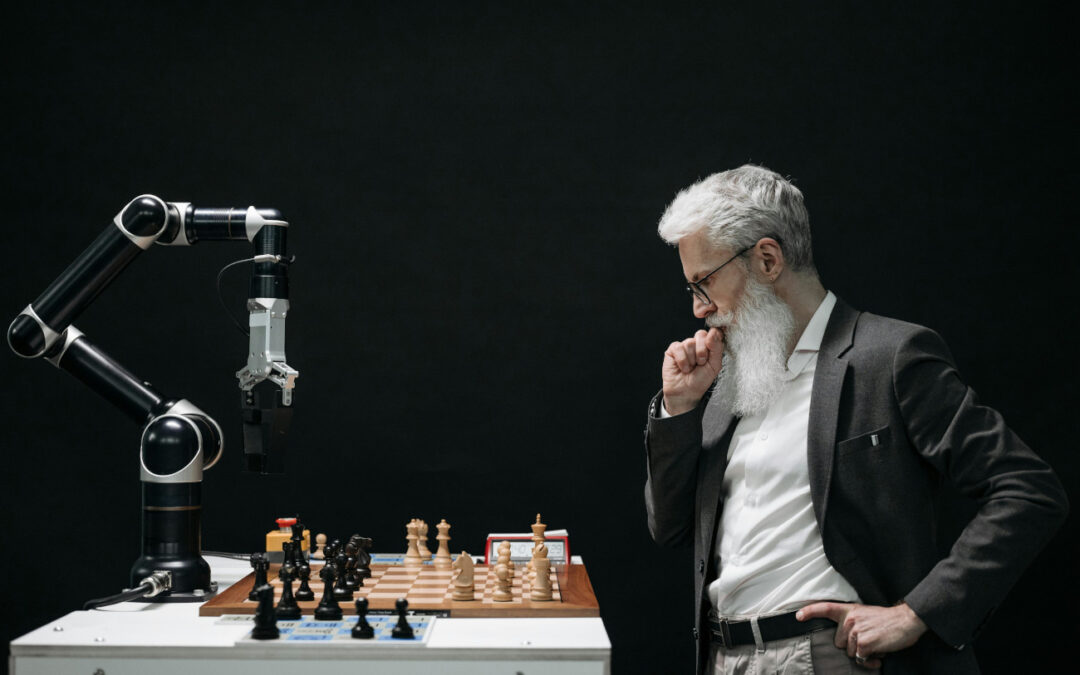By Mavelyn Razon – Tanuan, MBA, CLSSGB; Consultant, Marketing Strategy
___
Generative AI is no longer a futuristic concept; it’s here, accelerating how teams brainstorm, design, and execute ideas. Tools that can create content, images, prototypes, and even strategic outlines in seconds are transforming the pace of creative work.
Yet amid this rapid evolution, one truth remains unchanged: the most valuable contributions in any creative process still come from people. AI can analyze patterns, generate outputs, and suggest directions, but it lacks the lived experiences, emotional depth, and ethical grounding that shape truly meaningful work.
If organizations want to fully unlock AI’s potential, they must safeguard and develop human strengths that technology cannot replicate.
1. Intuition: The Silent Compass
Generative AI is trained on vast datasets, but it cannot sense the moment. Human intuition is built over years of personal and professional experiences, an instinctive ability to know what will resonate with an audience, when to pivot a campaign, or how to navigate delicate cultural contexts.
Consider a global marketing campaign: AI might suggest copy that is linguistically correct, but only a human can detect whether certain phrases carry unintended connotations in different markets. Intuition bridges the gap between what data predicts and what real-world audiences will embrace.
2. Emotional Intelligence: Connecting Beyond Code
While AI can simulate tone and sentiment, it cannot feel empathy. Emotional intelligence (EQ) is the human superpower that allows us to read between the lines, understand motivations, and build trust.
In collaborative environments, EQ enables leaders to sense when a team is creatively drained, when to push for more, and when to pull back. In client relationships, it helps teams craft messages that connect, not just inform. Without EQ, creative outputs risk becoming sterile, technically impressive but emotionally flat.
3. Strategic Thinking: Seeing the Bigger Picture
AI can deliver hundreds of options, but it cannot decide why something should be created in the first place. Strategic thinking gives meaning and direction to AI outputs.
Humans frame problems, set objectives, and assess trade-offs. We understand that a successful campaign is not just about grabbing attention, but about aligning with brand identity, long-term positioning, and evolving market realities. AI can help get us to execution faster, but humans define where we’re going and why it matters.



AI image generation software providers like InstantStudio allow teams to create designs faster. Their AI toolkit is built with collaboration in mind.
4. Skills for Thriving in Human-AI Teams
The rise of Generative AI doesn’t mean replacing human talent, it means upgrading it. Teams that thrive in this new era will cultivate skills that complement AI’s strengths while compensating for its limitations:
-
-
Critical Evaluation: Treat AI as a first draft, not the final word. Learn to spot subtle inaccuracies, bias, or off-brand suggestions.
-
Cross-Disciplinary Thinking: Blend creative instincts with data literacy, understanding how to interpret AI-generated insights.
-
Ethical Judgment: Act as the moral filter, ensuring outputs are respectful, inclusive, and aligned with organizational values.
-
Adaptability: Stay open to evolving tools, but remain anchored in human creativity and problem-solving.
-
Storytelling Mastery: AI can provide raw content, but humans weave narratives that inspire and move audiences.
-
5. Balancing Speed with Substance
One of AI’s greatest strengths, is speed, which can also be a risk. Just because something can be created in seconds doesn’t mean it’s ready to be published or implemented. Human oversight ensures that work remains thoughtful, strategic, and relevant.
By combining AI’s efficiency with human discernment, organizations can avoid a “quantity over quality” trap and instead create work that’s both fast and impactful.
In conclusion, the narrative of “AI versus humans” is outdated. The real opportunity lies in AI with humans, a partnership where each side amplifies the other. AI can free humans from repetitive tasks, expand the range of creative possibilities, and bring fresh perspectives.
But the spark that moves people, the judgment that shapes strategy, and the ethics that guide decisions, these remain squarely in human hands.
The organizations that will thrive in the age of Generative AI will be those that invest equally in technological adoption and human development. By nurturing our uniquely human strengths, we can ensure that creativity in the AI era is not just faster, but richer, more authentic, and deeply connected to the people it serves.
—–
(Photo Credit: Pexels-Pavel Danilyuk)
Clean energy
What's your story?
Tell us how you navigated your company through the pandemic. What were the lessons you’ve learned? Send us an email.
Insights
Read more articles on business and strategy.
Innovative Technologies
Learn more about how we can help steer your company in the right direction through tech.

